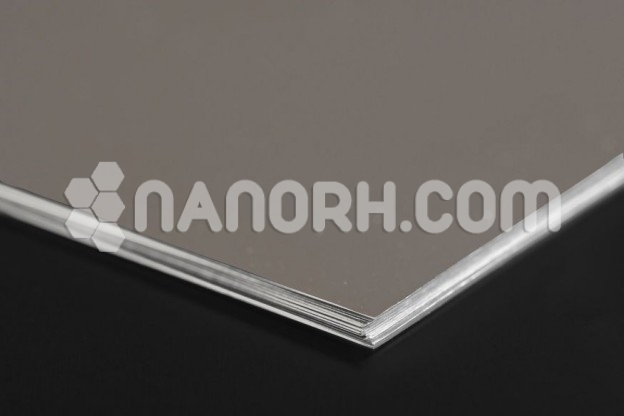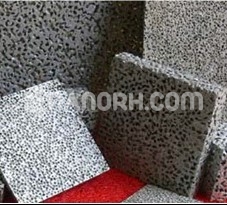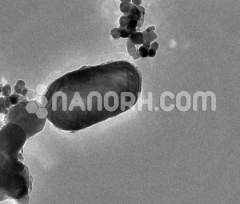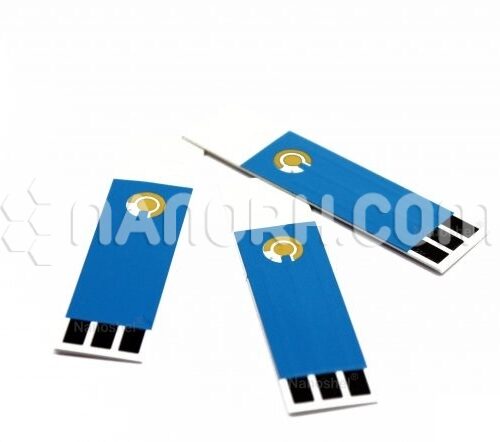Nickel Foil (Ni, Purity: 99.9%, Thickness: 12µm)
| Nickel Foil | |
| Product No | NRE-28014 |
| CAS | 7440-02-0 |
| Purity | ≥99.9% |
| Joint | 1pcs/roll |
| Color | NA |
| Thickness | 12μm |
| Width | 30~500 mm |
| Polished | One Side |
| Surface density | 8.908 g/cm3 |
| Melting Point | 1455 °C |
Nickel Foil
Nickel foil, known for its excellent corrosion resistance, high-temperature stability, and good electrical conductivity, is used in a variety of specialized applications across different industries. Here’s a detailed look at how nickel foil is utilized in various product applications:
Electronics and Electrical Applications:
Electrodes and Contacts: Nickel foil is used in the manufacture of electrical contacts and electrodes due to its stable electrical conductivity and resistance to oxidation.
Shielding: Employed as a shield in electronic devices to protect against electromagnetic interference (EMI) and radio frequency interference (RFI).
Aerospace and Defense:
Heat Shields: Ni ability to withstand high temperatures makes it suitable for heat shields and thermal insulation in aerospace applications.
High-Temperature Components: Used in aerospace and defense equipment that operates under extreme conditions, where nickel’s thermal and oxidation resistance is critical.
Battery Technology:
Current Collectors: Ni is used as a current collector in certain types of batteries, including nickel-metal hydride (NiMH) and lithium-ion batteries, due to its conductivity and resistance to corrosion.
Electrochemical Cells: Employed in the production of electrochemical cells and batteries where high conductivity and stability are required.
Chemical and Industrial Processes:
Catalysts: Nickel foil is used as a catalyst in chemical reactions, such as hydrogenation and methanation, due to its catalytic properties.
Chemical Processing Equipment: Utilized in the manufacture of components for chemical processing equipment, including reactors and heat exchangers, where corrosion resistance is essential.
Renewable Energy:
Fuel Cells: Ni is used in fuel cells, especially in the construction of the anode, where its high-temperature stability and conductivity are beneficial.
Solar Panels: In some solar cell technologies, nickel foil is used in the back contact layers due to its electrical properties and resistance to environmental degradation.
Medical Devices:
Implants and Prosthetics: Nickel foil is used in certain medical implants and prosthetics due to its biocompatibility and strength.
Diagnostic Equipment: Employed in medical diagnostic tools and sensors for its conductive properties and stability.




